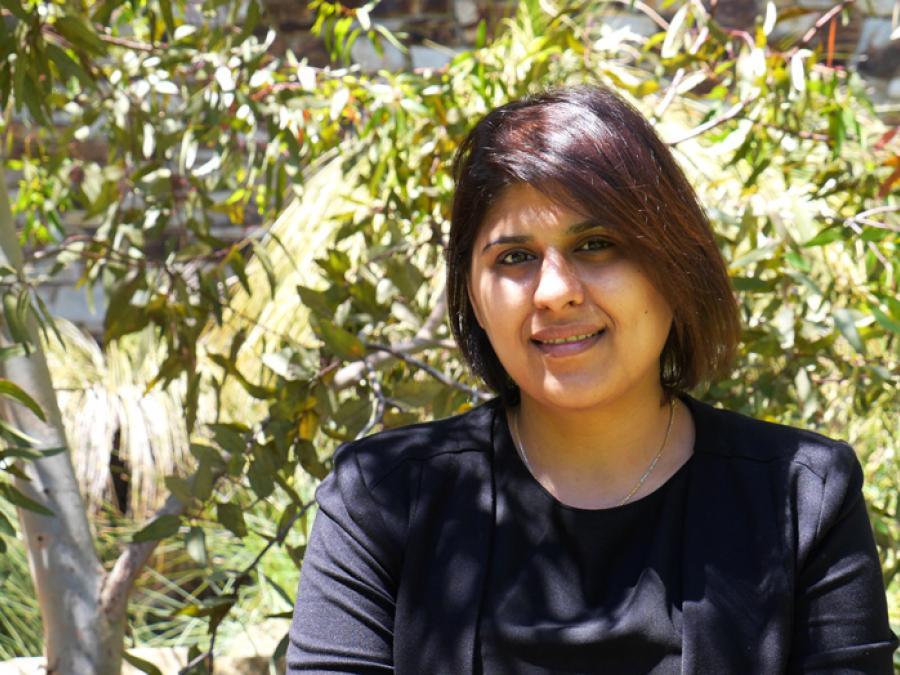Improving health in disadvantaged communities

Postdoctoral Research Fellow Dr Zohri Lassi
Zohra Lassi’s keen interest in nutrition brought her all the way from Pakistan to delve further into research. Completing her PhD at the University of Adelaide, she focused on seeking out methods that could help disadvantaged communities in Australia and beyond.
“Since I am from Pakistan, and a person from a low and middle-income country,” says Zohra, “nutrition was always a focus for me. It’s one of the main contributing factors to ongoing health.”
After liaising with University of Adelaide researchers while working as a research fellow at Aga Khan University in Pakistan, Zohra was impressed with the scope of research occurring here in Adelaide. Her discussions revealed common interests, and she was encouraged by her supervisors to undertake her PhD at the University of Adelaide, which she did, receiving her doctorate in 2015.
“My PhD focused predominantly on maternal and newborn health. One of my PhD projects was a large community-based trial, which involved women and newborns from rural communities in Pakistan. We implemented emergency obstetrics and newborn care packages, and looked at the evidence of introducing these packages and how this improved health-care-seeking behaviours during illness.
“It took longer to finish my PhD because it was a large trial, but my supervisors really encouraged me to finish it. Their guidance was very helpful and always encouraged me to participate in different activities, like the mentorship program. During those mentorship sessions I got in touch with my current supervisor and I started my postdoctoral fellowship.”
Currently working with Professor Alice Rumbold from the Robinson Research Institute, and Professor Wendy Umberger from the Centre of Global Food Studies, Zohra is developing projects around adolescent nutrition in Australia and in disadvantaged communities in low and middle-income countries.
“At the moment we’re working on improving ways to identify effective interventions in nutrient deficiencies in adolescents. What’s interesting is that, when you look at the disadvantaged communities in Australia, they’re no different to low and middle-income countries like Pakistan. The main burdens of health are very similar. Even though undernutrition is not very prevalent here, issues such as micronutrient deficiency still very much exist.
“We have received a seed grant to prepare tools to identify food insecurity in disadvantaged communities in Australia, and particularly looking at the food insecurity evidence in the northern communities of Adelaide.”
At the same time, Zohra is also working with Wendy Umberger on nutritional projects in Vietnam and other countries, preparing tools and questionnaires for isolated families about food insecurities and its relation to obesity in low and middle-income countries.
Zohra has her sights set on a career as an independent researcher, and is determined to achieve her goals.
“My driving force is to look for evidence that can really improve the health of particularly of low and middle-income countries, or disadvantaged communities—interventions that would really reduce deaths and improve health.”
She suggests that anyone interested in a career in health would find a research path valuable.
“If they think they can make a difference in anyone’s life, they should come into this field. My experience was wonderful, and I truly believe anyone who wants to do research at the University of Adelaide will have a smooth journey.”
